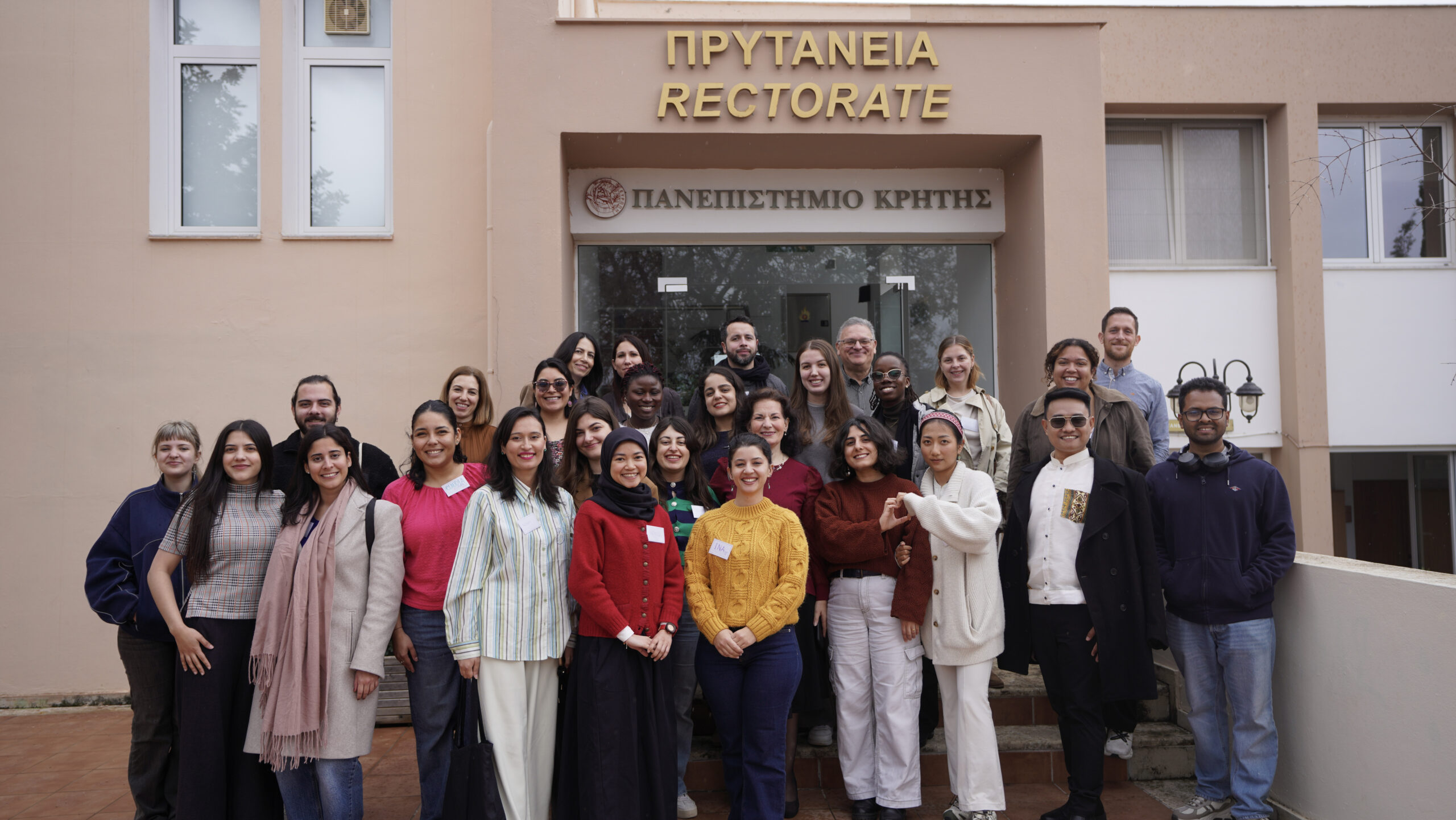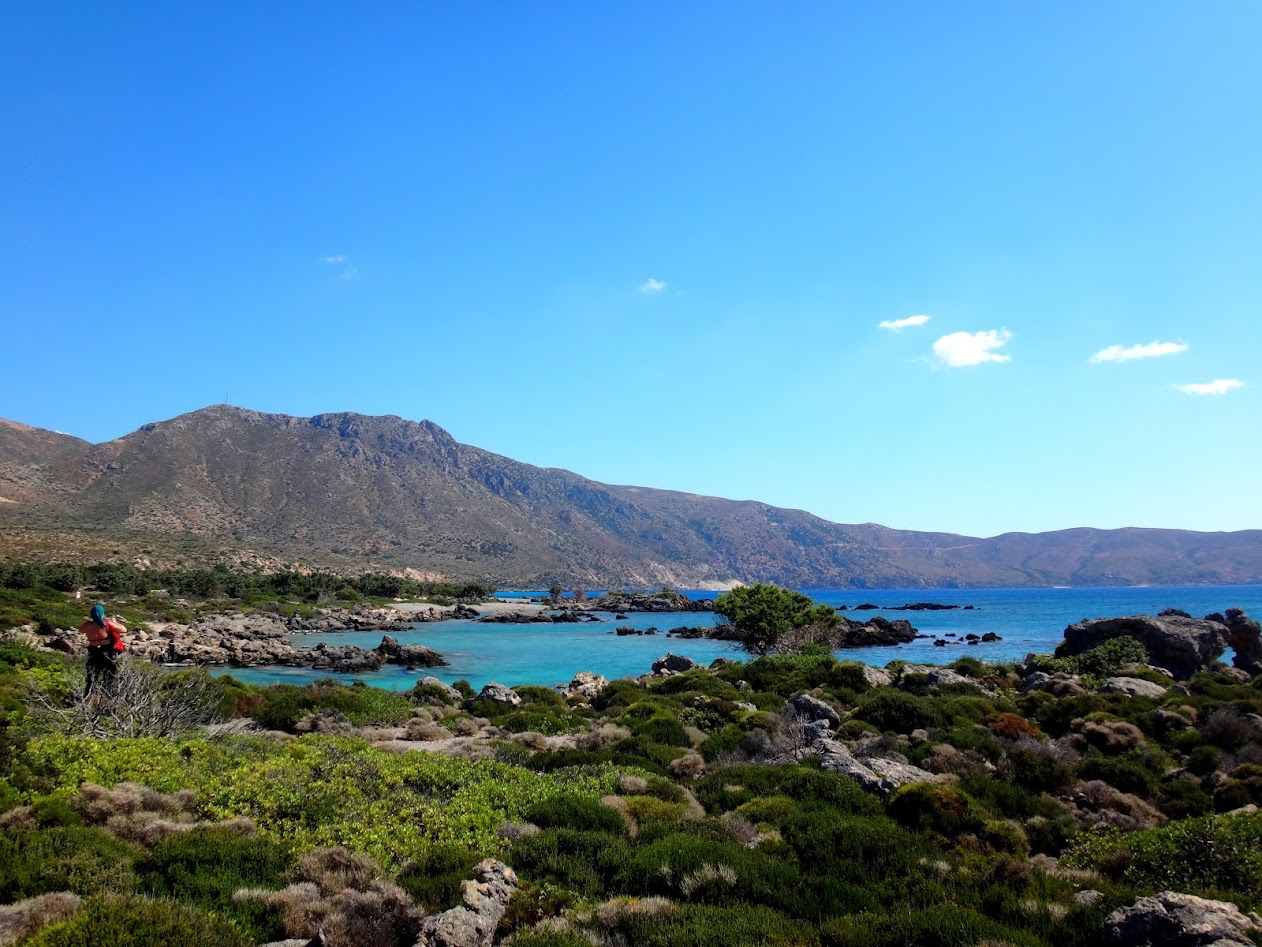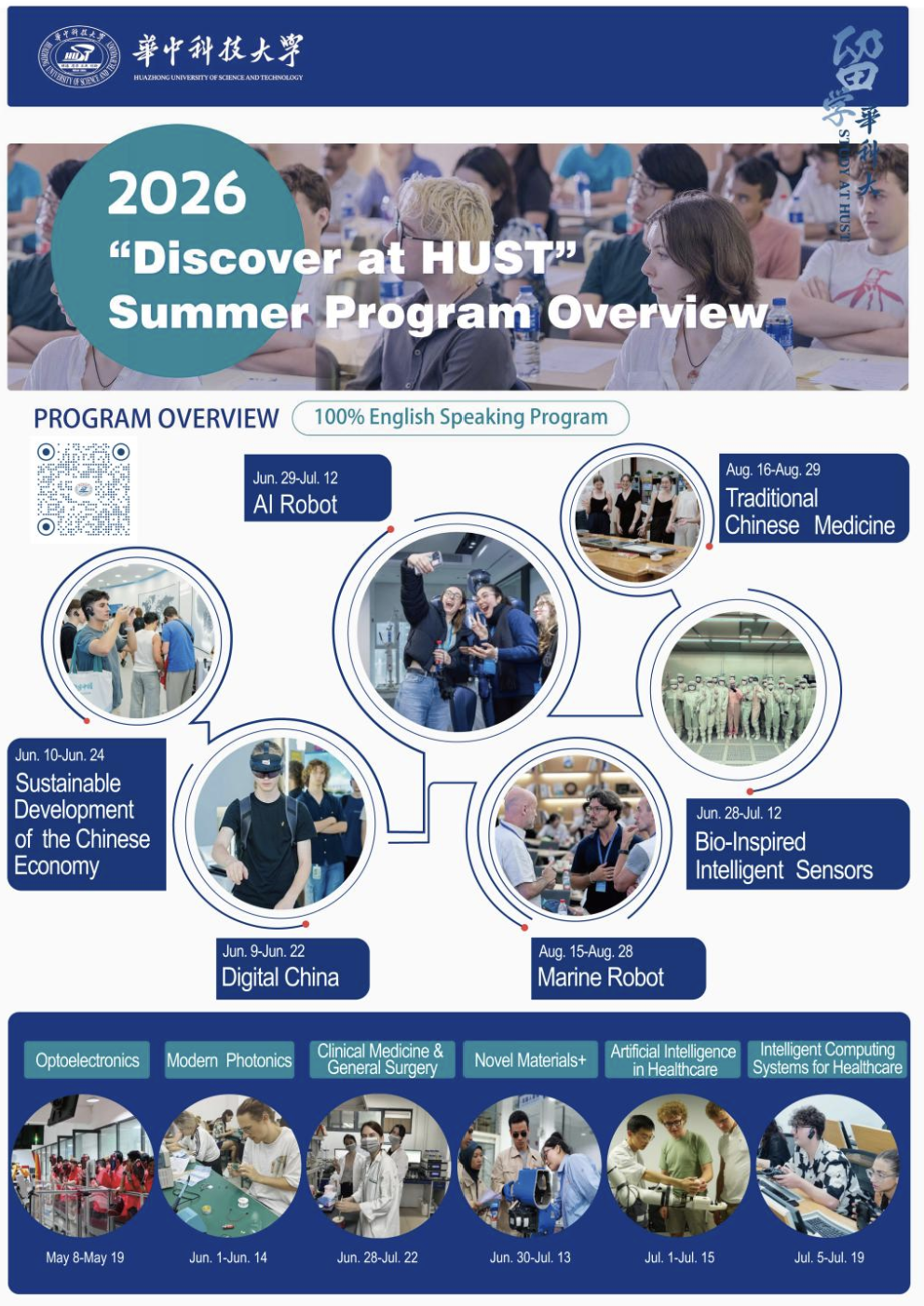The climate of our planet is showing unprecedented signs of destabilization, with 2023 being by far the hottest year on record. Greenhouse gas emissions continue to rise, and the international community hesitates to take the necessary measures required to keep temperatures within the limits set by the Paris Agreement, which aims to limit the increase to two degrees above pre-industrial levels. The impacts of global warming are being felt worldwide, and human society is called upon to adapt to a rapidly changing environment. The first to manage a new normal, which will include, among other things, increasing frequency and intensity of droughts and floods, heatwaves, and extreme wildfires, and simultaneously bear the economic cost, will be the new generation of citizens.
Targeted education of young people about the causes and effects of climate change, mitigation options, and adaptation to new conditions is now imperative. The implementation of measures to address these issues involves an informed public and depends on actions at both the societal and individual levels. The European Parliament’s resolution on climate change is clear: “the education of young people represents one of the most effective tools for combating climate change.”
The Laboratory of Environmental Chemical Processes (E.C.P.L.) of the Department of Chemistry at the University of Crete operates the research station in Finokalia, Lassithi (http://finokalia.chemistry.uoc.gr), where cutting-edge research on air pollution, the atmospheric environment, and climate has been conducted continuously since 1993. It is thus the oldest continuously operating station in the Eastern Mediterranean region.










